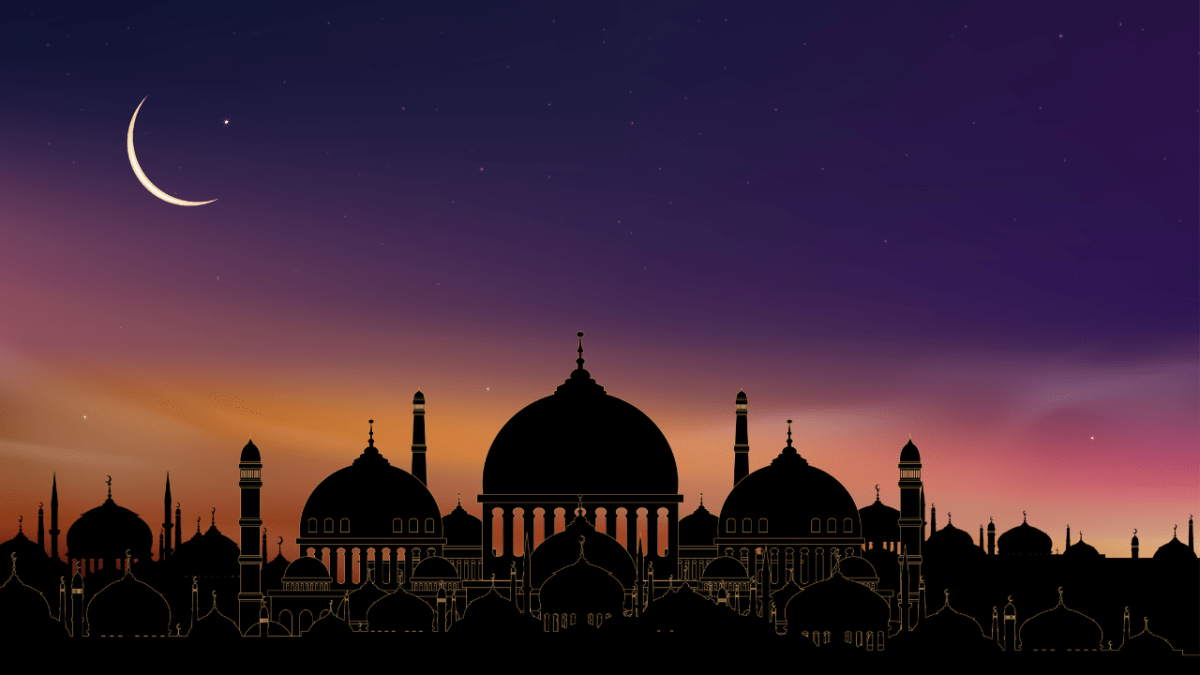Ramadan, the ninth month of the Islamic lunar calendar, is one of the most sacred times for Muslims worldwide. It is a month of fasting, prayer, reflection, and community. This year, Ramadan is expected to begin on Sunday, March 2, 2025, depending on the sighting of the crescent moon. If the moon is sighted on Friday, February 28, 2025, then Ramadan will start on Saturday, March 1, 2025.
Here’s a comprehensive guide to understanding Ramadan:
What is Ramadan?
- Ramadan is a holy month in Islam observed by Muslims as a time of fasting, spiritual growth, and increased devotion.
- It commemorates the revelation of the Quran to Prophet Muhammad (peace be upon him) by the Angel Gabriel.
- The word “Ramadan” comes from the Arabic root “ramida” or “ar-ramad,” meaning scorching heat or dryness, symbolizing the burning away of sins through fasting and good deeds.
When is Ramadan Observed?
- Ramadan begins with the sighting of the crescent moon and lasts for 29 or 30 days, depending on the lunar cycle.
- The Islamic calendar is lunar, so Ramadan shifts approximately 10-12 days earlier each year in the Gregorian calendar.
- This year, Ramadan is expected to start on March 2, 2025, but if the moon is sighted early, it will start on March 1, 2025. The month will conclude with Eid al-Fitr on March 31 or April 1, 2025, based on the moon sighting.
Who Observes Ramadan?
- Ramadan is observed by Muslims worldwide, including men, women, and children (once they reach puberty).
- Exceptions are made for those who are ill, pregnant, breastfeeding, traveling, menstruating, or elderly. They are exempt from fasting but may make up for it later or provide charity.
How is Ramadan Observed?
- Fasting (Sawm): Muslims abstain from food, drink, smoking, and marital relations from dawn (Fajr) until sunset (Maghrib).
- Suhoor: A pre-dawn meal is eaten before the fast begins.
- Iftar: The fast is broken at sunset, often starting with dates and water, followed by a meal.
- Prayer (Salah): Muslims perform the five daily prayers and additional nightly prayers called Taraweeh.
- Quran Recitation: Many Muslims aim to complete the entire Quran during Ramadan.
- Charity (Zakat and Sadaqah): Giving to the poor and needy is highly emphasized.
Why is Ramadan Important?
- Ramadan is one of the Five Pillars of Islam, making it a fundamental act of worship.
- It is a time for self-discipline, spiritual reflection, and strengthening one’s relationship with Allah (God).
- Fasting teaches empathy for the less fortunate and encourages gratitude for blessings.
- It is believed that good deeds and prayers during Ramadan are multiplied in reward.
Where is Ramadan Observed?
- Ramadan is observed by Muslims in every corner of the world, from the Middle East and Asia to Europe, Africa, and the Americas.
- Cultural traditions vary by region, but the core practices of fasting, prayer, and charity remain the same.
Key Facts About Ramadan
- The Night of Power (Laylat al-Qadr), which falls in the last 10 nights of Ramadan, is considered the holiest night of the year. It marks the night the Quran was first revealed.
- The end of Ramadan is celebrated with Eid al-Fitr, a festive holiday marked by communal prayers, feasting, and giving gifts. This year, Eid al-Fitr will be observed on March 31 or April 1, 2025, based on the sighting of the moon.
- Fasting during Ramadan is not just about abstaining from food and drink but also avoiding negative behaviors like lying, gossiping, and anger.
Conclusion
Ramadan is a deeply spiritual and transformative month for Muslims worldwide. It is a time to purify the soul, practice self-discipline, and strengthen bonds with family, community, and Allah. Through fasting, prayer, and charity, Muslims seek forgiveness, gratitude, and spiritual growth. As Ramadan begins this Monday, let us appreciate its universal message of compassion, reflection, and unity.
